Search
Did you mean: Tara?
Remove Ads
Advertisement
Summary 
Loading AI-generated summary based on World History Encyclopedia articles ...
Search Results

Definition
Ancient Nara
Nara, located around 30 km south of modern Kyoto, was the capital of ancient Japan between 710 and 784 CE. It gave its name to the Nara Period (710-794 CE), although the name during the 8th century CE was Heijokyo. Modelled on the Chinese...
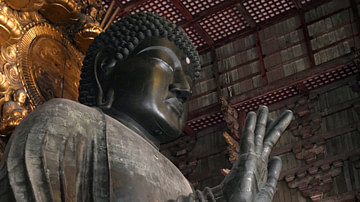
Definition
Nara Period
The Nara Period (Nara Jidai) of ancient Japan (710-794 CE), so called because for most of that time the capital was located at Nara, then known as Heijokyo, was a short period of transition prior to the significant Heian Period. Despite the...
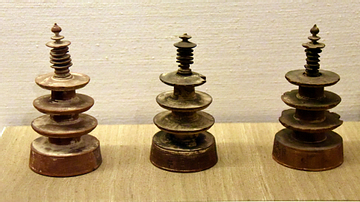
Image
Nara Period Miniature Stupas
These are miniature stupas (hyakumanto). A stupa is a structure in a Buddhist temple that contains religious relics. Empress Shotoku (reigned 764-770 CE) ordered a million of these miniature wooden stupas to be made. Each one contained a...
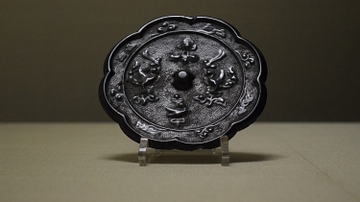
Image
Nara Period Mirror
An eight-lobed cast bronze mirror with flowers and luan (a mythical bird) decoration. From Mount Tsuwado, Mukuno, Yamaga-machi, Kitsuki-shi, Oita, Japan. Nara Period, 8th century CE. Tokyo National Museum)
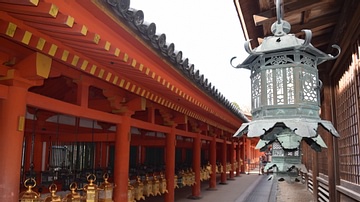
Image
Kasuga Taisha Shrine, Nara
Votive lanterns at the Kasuga Taisha Shinto shrine, Nara, Japan. Founded in 768 CE (or 710 CE) during the Nara period.
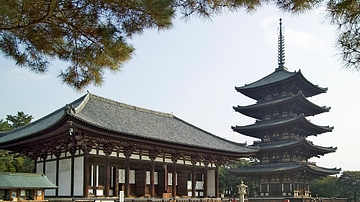
Image
Kofukuji Temple, Nara
The Main Hall and pagoda of the Buddhist Kofukuji temple complex in Nara, Japan. Founded in 669 CE and moved to Nara in 710 CE.
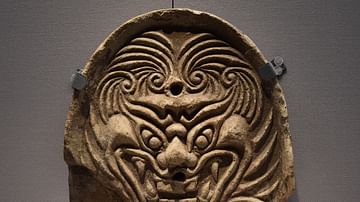
Image
Demon Ridge-end Tile, Nara
A ridge-end roof tile in the form of a demon face, Nakayama kiln, Nara, Japan. Nara Period (710-794 CE). (Tokyo National Museum)
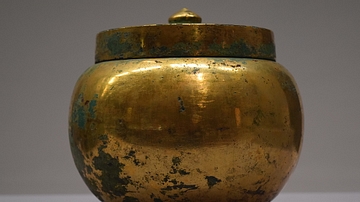
Image
Cinerary Urn, Nara Period
A gilded cast bronze cinerary urn from the Nara Period (710-794 CE). From Kamori, Katsuragi-shi, Nara, Japan. Important Cultural Property (Tokyo National Museum)
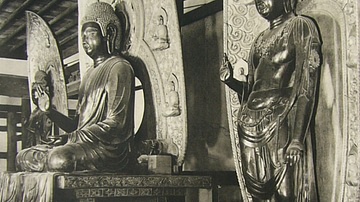
Image
Yakushi Triad, Nara
The Yakushi Triad in the Main Hall of Yakushiji temple, Nara, Japan. Bronze, 680-718 CE. Yakushi Nyorai is the Buddha of healing and the seated figure is flanked by two bodhisattvas. The Yakushi figure is 4.3 metres (14 ft.) in height.

Definition
Ancient Japan
Ancient Japan has made unique contributions to world culture which include the Shinto religion and its architecture, distinctive art objects such as haniwa figurines, the oldest pottery vessels in the world, the largest wooden buildings anywhere...